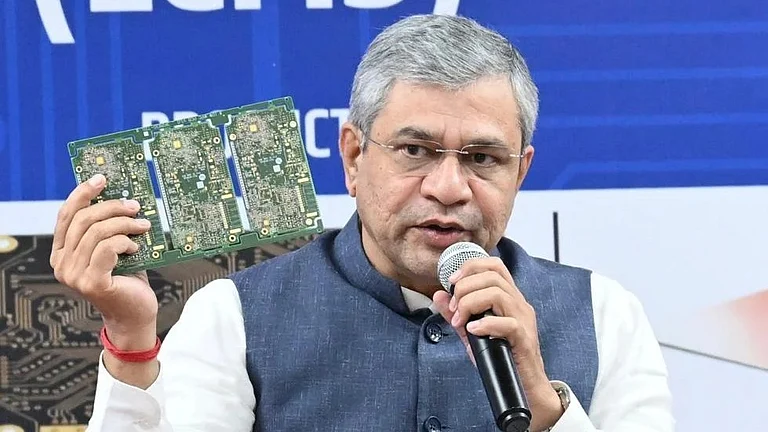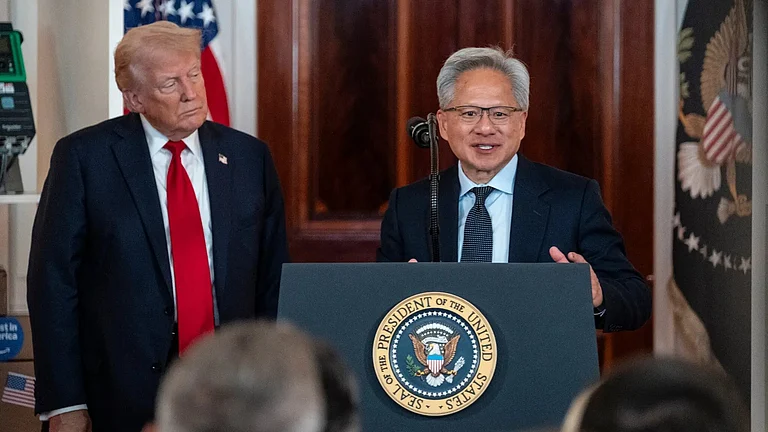US-based chip maker, Micron Technology Inc. is set to receive over $6 billion in grants from the Commerce Department. These funds will go towards supporting domestic factory projects to bring semiconductor production back to America.
As per sources cited in a report by Bloomberg, the announcement of the award may come as early as next week. However, it remains uncertain if Micron Technology Inc. accepts the direct grant funding with loans offered under the 2022 Chips and Science Act.
The company, headquartered in Boise, Idaho, is constructing factories in New York and its home state. Following the announcement of the preliminary agreement, the company would undergo several months of due diligence before receiving the funds in installments linked to project-specific benchmarks.
The Chips Act allocated $39 billion for direct grants, along with $75 billion for loans and loan guarantees to revitalise American chip manufacturing following decades of production moving to Asia. According to the report, officials have disclosed six preliminary awards to date: three to companies producing older-generation semiconductors, as well as large packages for Intel Corp., Taiwan Semiconductor Manufacturing Co., and South Korea's Samsung Electronics Co.
Commerce Secretary Gina Raimondo has stated that nearly $28 billion of the grant funding will be allocated to leading-edge projects, as per the agency's plans.
The American chip-making firm has committed to constructing up to four factories in New York state, alongside one in Idaho.
However, Chief Executive Officer Sanjay Mehrotra said earlier that those plans “require Micron to receive the combination of sufficient Chips grants, investment tax credits and local incentives to address the cost difference compared to overseas expansion,"
































